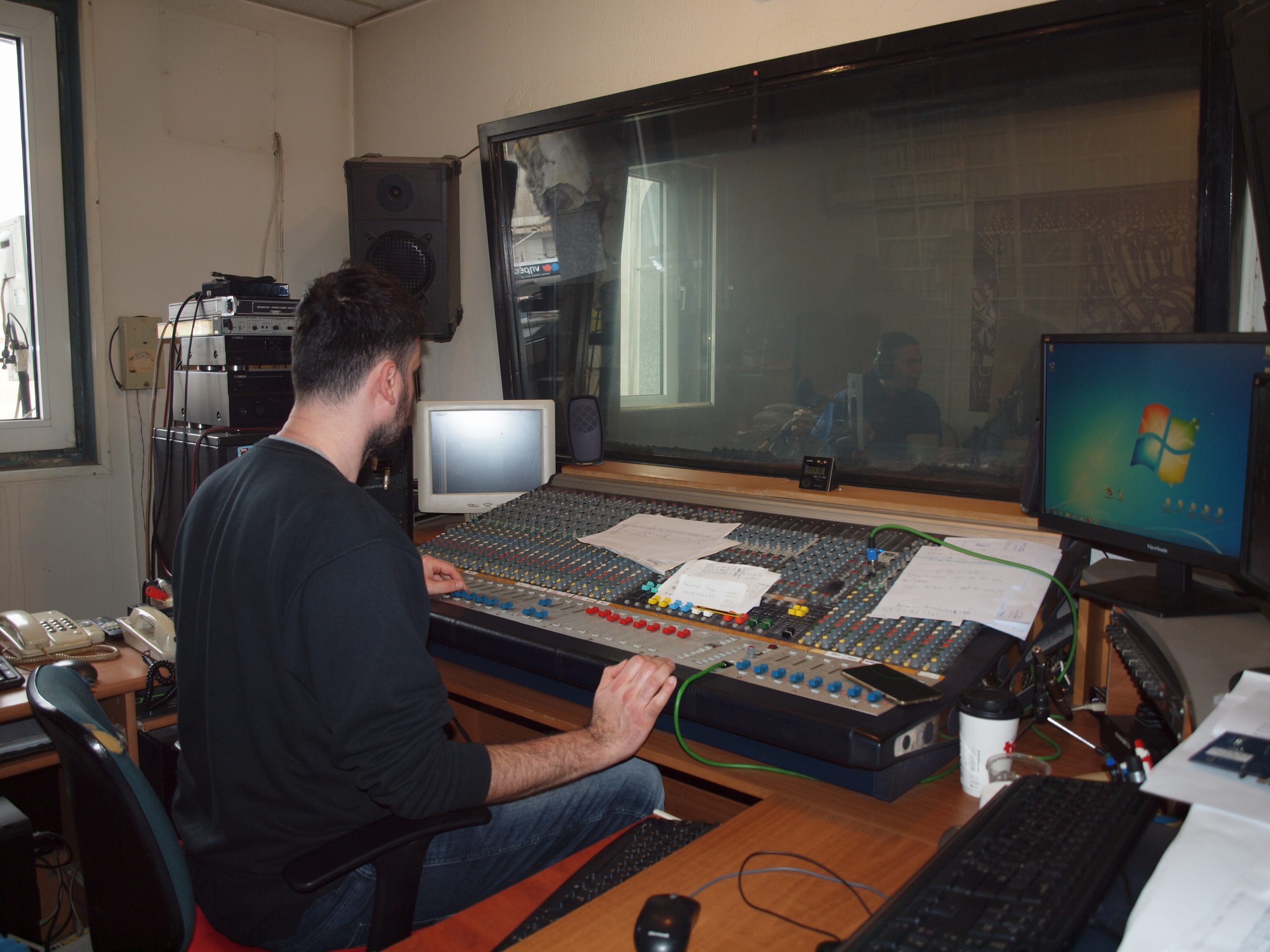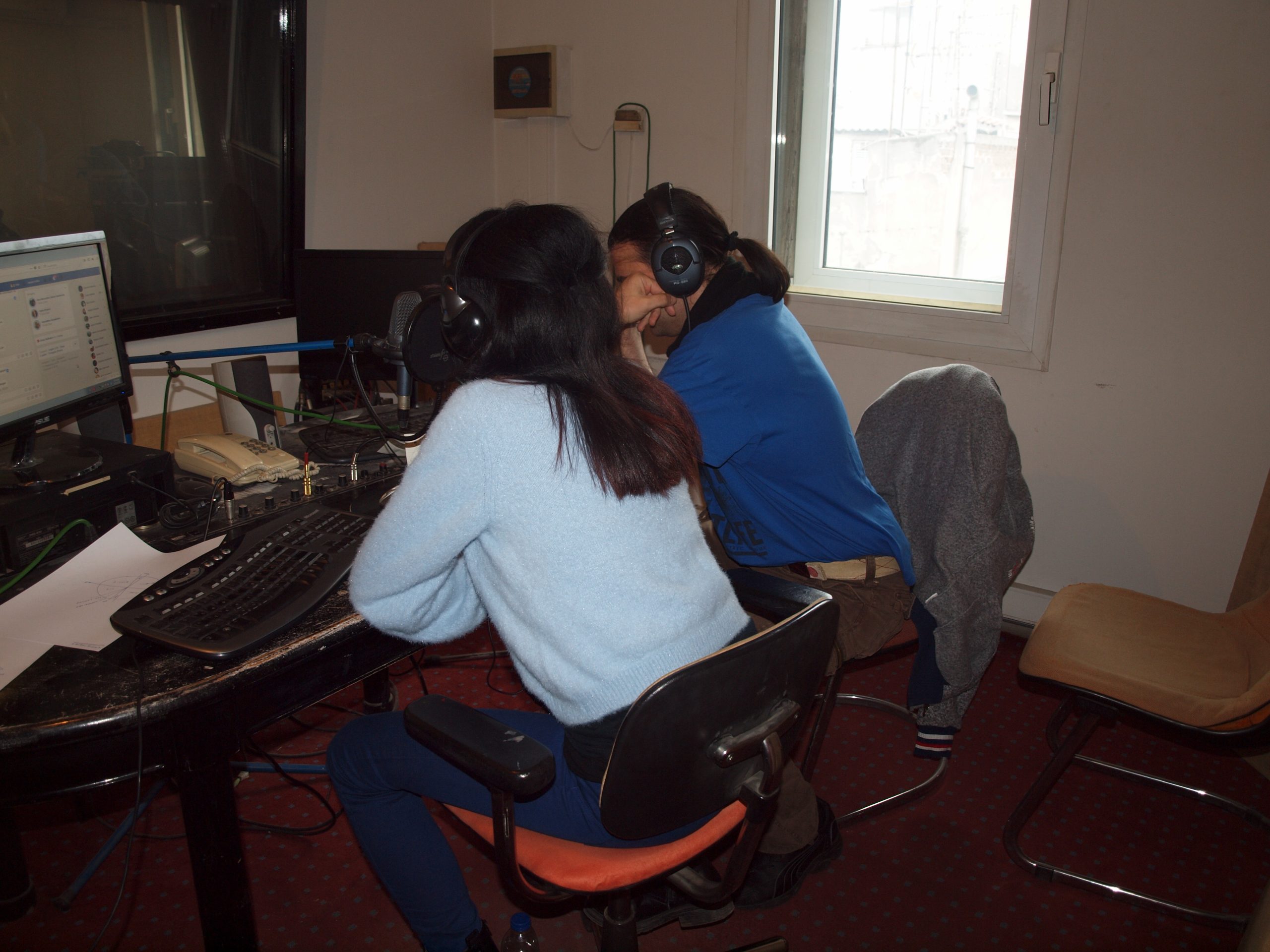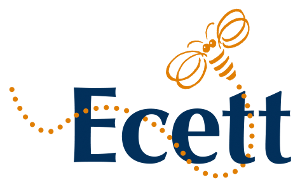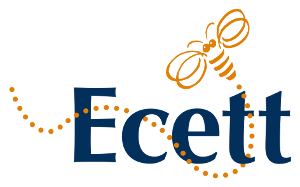by Theodora Prodromidou, Argo, (Greece)
A group of residents participates every Saturday to a radio show with a social content (e.g. economic crisis, social racism, relationships) or relating to rehabilitation (e.g. alcohol, gamblers, drugs). The goal is to inform and communicate with the public. The coordinators are giving some exercises: speech training, oral compositions, debates, etc.
 Main goal
Main goal
❖ Learning how to speak properly AND communicate with others and the society.
Participation
❖ Anybody that is an ex drug addict and a member of the TC Argo can join the radio show group.
First part
❖ Once every two weeks with all the group members for 1 hour and 15 minutes at the program with 1 or 2 coordinators.
❖ The members must decide (on their own) what will be the main theme of discussion at the coming radio show. Usually the themes have a social content (e.g. economic crisis , social racism , relationships, covid crisis and lockdown) and most of the times relating to rehabilitation (e.g. alcohol , gambling , drugs).
❖ The group has to decide which are the 3 members that will represent the group and by extension the program at the radio show.
❖ The coordinators do not interfere at all unless they find it necessary.
❖ Also at the first part, the coordinators are giving some exercises: speech training, oral compositions, debates, etc. Bonding exercises are also given. Bonding between the group members is very important so that they will get along well during the radio show.
❖ The goal is to have a healthy discussion between them with different ideas.
Second part

❖ The second part takes place at the radio station once every two weeks for a one hour show.
❖ The members meet one hour before the radio show begins to organize what to say and the music they will choose.
❖ For one hour they discuss on air the theme (chosen at the first part) with each other and with the listeners who send messages through the Facebook or by calling at the radio station.
❖ Again the coordinators do not interfere at all unless they find it necessary.
❖ Listeners might have different ideas too. They can text their opinions and our members have to read them on air.
❖ That is how they succeed in communicating with people they do not know but also let other people know about our program and that ex-addicts have a voice.
 Moderators skills
Moderators skills
- A small experience as a radio show presenter
- Having good ways of speaking
- Knowing how to contact with other people
- Previous experience in group moderation.
Risks
A radio show is an exposure for everyone speaking at the microphone as well as the therapeutic program itself, since members that belong to this group, represent themselves and the program too.
 Expected results for the members
Expected results for the members
- Members that join this group usually use it as a way to evolve
- They become better listeners
- Learn how to accept other peoples’ opinion
- Learn to form ideas
- Make a conversation with people they do not know (radio listeners)
- Create a better way of speaking
- Losing the slang they used to speak
- Making the program known to the public through the radio
- Trying to take the stigma off of them.
Measured indicators
- The audience’s participation to the radio show (phone calls and Messenger chat)
- The radio station’s ratings (10% of Thessaloniki’s urban community).
The Ecett Academy can help you to get in touch with the author of the GP, write to contact@ecett.eu.


